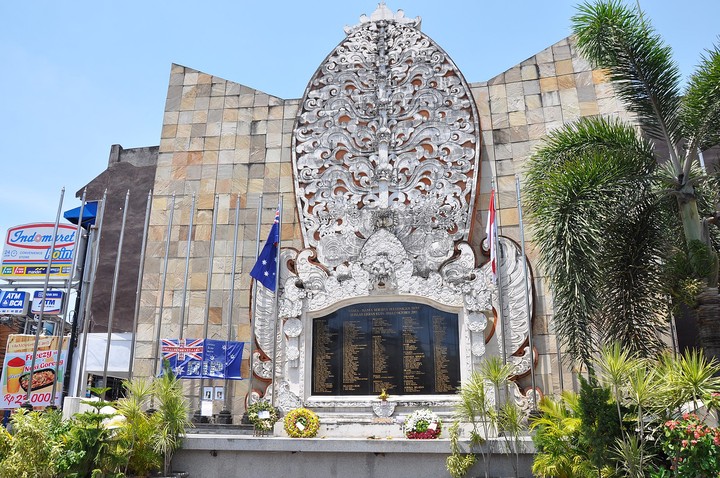Bali bombings 2002, Indonesia
Introduction
These data were made available through the John Jay & ARTIS Transnational Terrorism Database (JJATT), which hosts a collection network datasets pertaining to radical Islamists and their associates who have directly contributed to a terrorist attack. The present data depict a time series of a network of individuals involved in the 2002 Bali bombings in Bali, Indonesia. The undirected network is composed of 27 individuals and their evolving relationships and legal status over periods of time (1985-1989, 1990-1994, 1995-1999, 2000, 2001, 2002, 2003, 2004, 2005, 2006). As such, this series is useful for exploring compositional network changes in a terrorist network over time. Relationships are coded into two categories: general relationships and kinship. General relationships are coded on a scale of 0-3; ‘0’ represents no relationship known, ‘1’ represents acquaintanceship or distant family ties (as such these relationships are not included in the cleaned data), ‘2’ represents friendship or moderately close family ties, ‘3’ represents close friends or family. The current and past legal status of each individual is reflected as: free, in custody, or dead, and any associated arrest dates, release dates, or death dates.
Abstract
These data depict the network of indiduals involved in the 2002 Bali bombings in the tourist district of Kuta on Bali, Indonesia. This incident claimed the lives of 202 people (including 88 Australians, 38 Indonesians, 23 Britons, and 20 more people of differing nationalities), and injuring 209 more individuals. The attack on October 12, 2002, has been attributed to Jemaah Islamiyah, a violent Islamist extremist group dedicated to the creation of an Islamic state in Southeast Asia that has links to Al-Qaeda. A suicide bomber detonated an explosive device inside of Paddy’s Pub, a local establishment popular with Australian and Western tourists, causing individuals to flee into the street where a second car bomb was detonated. A third device was detonated outside of the United States consulate in Denpasar, Bali, Indonesia, but was significantly smaller and caused minimal damage and no deaths. Motivation for the attack is believed to be in response to support for the United State’s War on Terror and Australia’s role in the liberation of East Timor. This was the first of a series of terrorist attacks committed by Jemaah Islamiyah targeting Australians and Westerners. The authors of this dataset, JJATT, gathered this data from using ‘open source’ information. The present dataset reflects a combination of familial, friendship, and association relationships. As a dynamic dataset these relationships are depicted as dynamic and subject to changes over time.
Code Book
| edge_class | is_bimodal | is_directed | is_dynamic | is_weighted | definition |
|---|---|---|---|---|---|
| Acquaintances/Distant familiy ties | FALSE | FALSE | TRUE | FALSE | Acquaintances/Distant family ties (interactions limited to radical organization activities) |
| Friends/Moderately close family ties | FALSE | FALSE | TRUE | FALSE | Friends/Moderately close family ties (interactions extend beyond radical organizations to include such categories as co-workers and roommates). Operational/Organizational leadership (i.e. JI leadership, formally or informally “ranking” members of burgeoning cells). Operational Ties (i.e. worked closely on a bombing together). |
| Close Friends/Family | FALSE | FALSE | TRUE | FALSE | Close Friends/Family, Tight-knit operational cliques (would die for each other |
Sociogram
Get the Data
Tables
Nodes
Edges
Citation
Database JJ&ATT (2009). “Bali bombings 2002, Indonesia.” <URL: http://doitapps.jjay.cuny.edu/jjatt/data.php>. Accessed: 2019-11-11.
